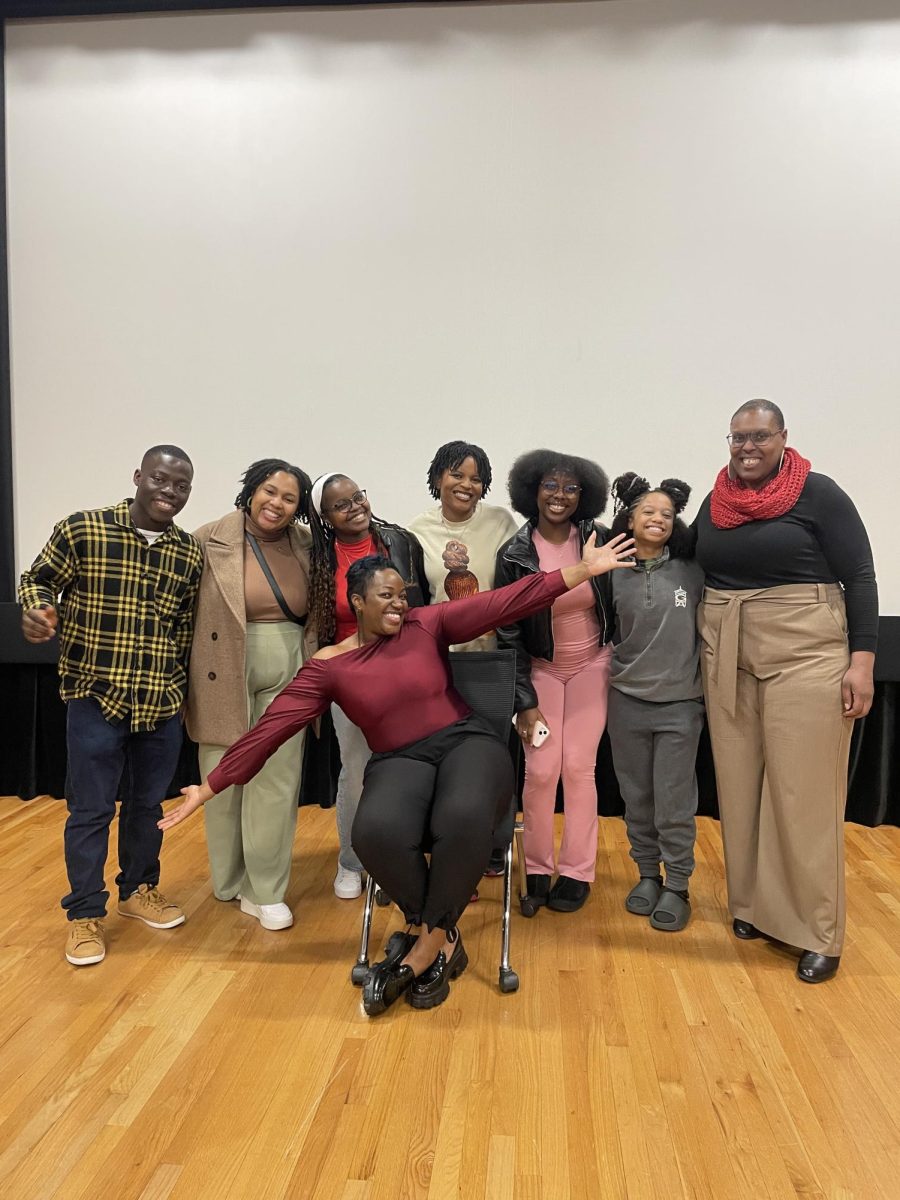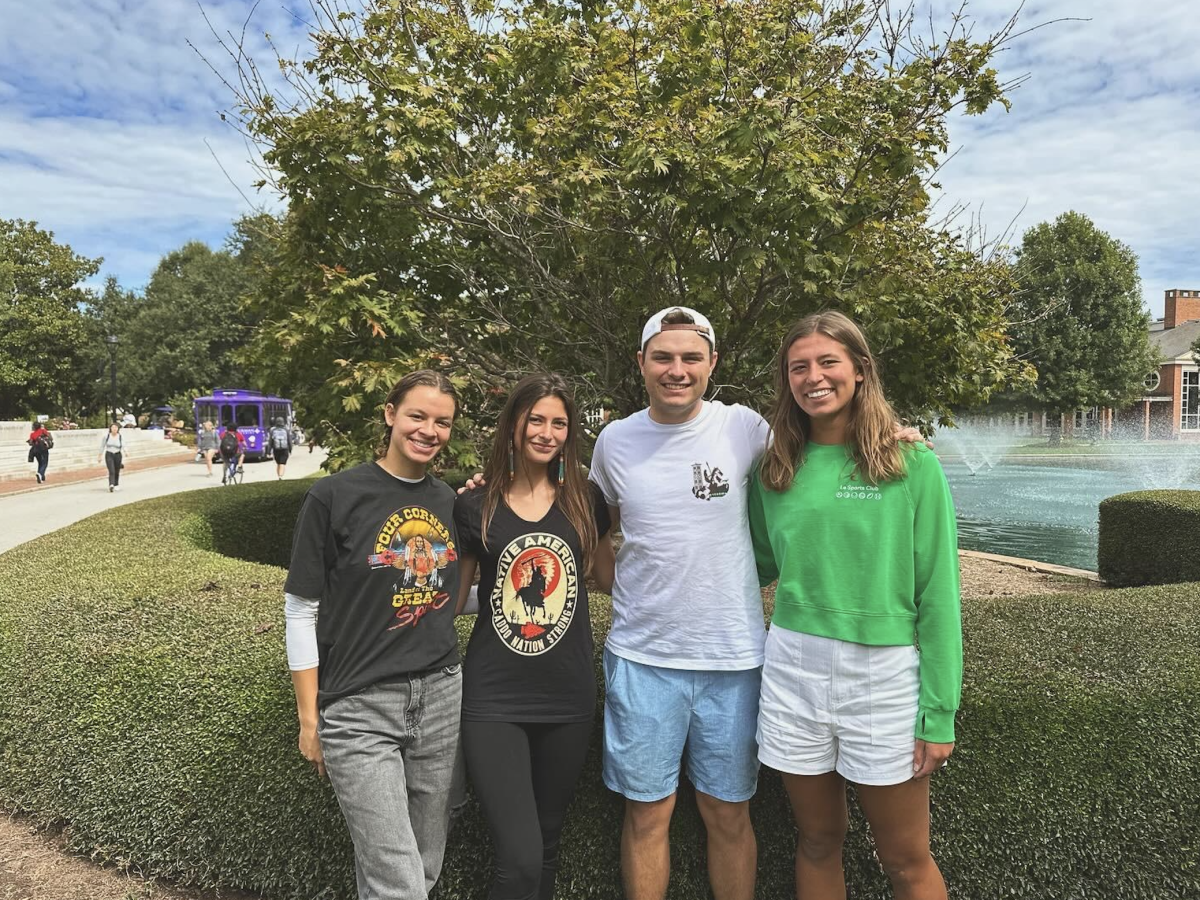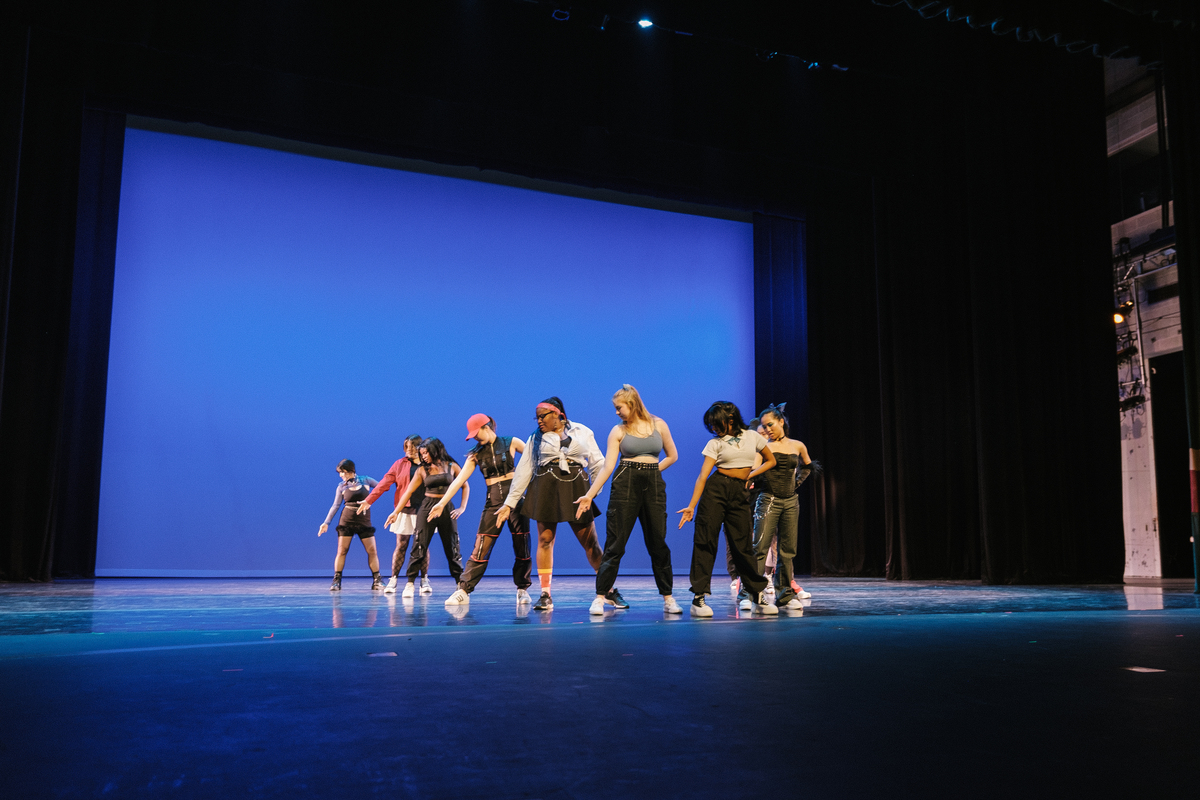As my time at Furman comes to an end, I look back on how many questions about ROTC I have gotten. These questions have come from family, friends, peers, and strangers who just see me in uniform. Questions range from wondering what we do in the woods behind the chapel to asking what my Army career after graduation will be like. For me and my cadet peers, this program is second nature by now; however, ROTC and the military in general is an unknown world to many on campus. To much of the Furman Community, ROTC is a mystery veiled in camouflage and early mornings. In an effort to share ROTC with those not familiar with this program, it is time to bust some myths about ROTC.
Myth 1 – You do not get to live a normal college life
ROTC is a time commitment and requires dedication. However, it does not prevent cadets from living a normal college life. In fact, the Army rewards cadets who are involved with other organizations and clubs while in college. This reward comes in the form of “points” on the Order of Merit List, which is a nationwide ranked list of cadets.
Here at Furman, we have very involved cadets. Currently, three cadets serve in student government, and several cadets are in greek life. We have four D1 athletes, several cadets that work campus jobs, many who are involved in various clubs and organizations, some who hold leadership positions in clubs, several who have conducted research or held an internship, and more.
While ROTC is a major part of our college life, it is not a barrier to fully embracing the opportunities Furman provides every student.
Myth 2- You have no freedom in your academic path
The Army does not restrict the major(s) or minors you can earn. You may have noticed many cadets in the Political Science and International Affairs department, but this is not where all our cadets study. Cadets pursue degrees in numerous programs offered.
The Paladin Battalion has several cadets earning a STEM field major and many pursuing a degree in subjects such as: business, education, history, and religion. Furman’s liberal arts education is not exclusive to non-ROTC students. Cadets are afforded the same academic opportunities as all students such as GERs, research, internships, and any other engaged learning opportunities. Our program actively works to support cadets in their academic endeavors.
Myth 3- You do not learn anything marketable outside the Military
From the outside, it can seem like all we do in ROTC is workout, do labs in the woods, walk around in uniform, and disappear for a weekend to the woods for field training. Under the surface of camouflage, cadets gain numerous skills that are immeasurable compared to a traditional college path. ROTC is not the only program on campus that develops leaders, but the type of leadership we develop is not found elsewhere. ROTC develops disciplined, focused, resilient, humble, and empathic leaders. From this program, individuals learn how to think quickly and take ownership over a large group of others. We learn the value of time management as well as how to manage a team of people who all have different strengths, weaknesses, backgrounds, motivations, and ideas. We learn to have the confidence to step into an unfamiliar situation and take charge but the empathy to know how to care for the group. This type of leadership is not found elsewhere and is highly marketable in any situation be it the Army, a job, or a position here on campus.
Myth 4- The Army has to be your full-time job after college
A common misconception of ROTC is that all commissioning cadets go into a full-time Army role. This is true for those who select that route, but it is not a requirement. Without going into the intricacies of contracts and scholarships, there are several routes cadets can pursue after commissioning. The most common is active duty in which the army becomes a full-time job. Alternatives include National Guard, which is governed by the state, and Reserves, which is still federally run. These options are part-time obligations. With drill scheduled for once a month and for two weeks in the summer, individuals are afforded ample time to follow a civilian career path.
The National Guard is the route I choose. I will commission into the North Carolina National Guard as an Engineer. I chose the option of service because I knew I was dedicated to the Army, but also had passions and goals I did not want to wait to pursue. The National Guard is a perfect fit for people like me. In the Fall, I will be attending graduate school to earn my masters and continue my education in subject areas I have a passion for. Alongside my civilian career, I will train with my unit. For me, it is the best of both worlds.
Myth 5- Only for a GI-Joe personality
When you watch a military movie, the initial image of soldiers is a “GI-Joe”. This person is very fit, can run fast, and lift a lot of weight. This person is usually very tall and has a commanding presence about them that everyone feels when they enter a space. This individual also works in what is called ‘combat arms’ branches and on the front line of any fight. A GI-Joe makes for a captivating character in a movie, but in actuality is not the primary demographic of ROTC.
ROTC is composed of a variety of people of all different backgrounds. Furman ROTC has a strong female cadet population and we currently have our first female Professor of Military Science. Not all our cadets may strike you as someone in the military but this diversity of individuals is what makes us a strong successful program.
Myth 6- Can only go combat arms
The diversity of cadets of the Furman ROTC program is proof that this myth is in fact just a myth. Combat arms make for a great movie, much like the GI-Joe personality. However, this gun-toting always fighting career is not reflective of the Army as a whole. The Army is composed of 17 branches ranging from the combat arms, like infantry and artillery, to logistics branches, like transportation and finances, and everything in between. There is a job for everyone and everyone does their part to support operations.
As cadets prepare for their life after college, there are a variety of job options that fit everyone’s goals and passions.
Myth 7- Joining the military is genetic
Although it may seem like joining the military is genetic, it is not coded in one’s DNA to join the military. Many cadets have family and or friends who serve in the military and through them, cadets are exposed to military life, but a family lineage is not required. There are numerous cadets in our program that are the first, or first in a long time, to join the military. The exposure may help one adjust to a military way of life, but certainly does not determine a cadet’s success.
Myth 8 – ROTC is a waste of time
This last myth is one I have tried to debunk through writing articles for this newspaper and various conversations with peers, faculty, and others. Some aspects of ROTC are mundane or seem like a poor use of time at the surface, but as a whole joining ROTC and committing to this profession is not a waste of time.
Through my time as a cadet and as I prepare to commission and graduate I can confidently say this program shaped me into the person I am and the officer I will become. ROTC has afforded me valuable opportunities—from afternoon labs to Cadet Summer Training—that had a profound impact on my four years here. The skills and knowledge I will walk away with are going to set me up for success long after I become an alumni here. While a lot of the time is spent ‘embracing the suck’ and getting out of my comfort zone, ROTC most certainly was the best use of my time here at Furman.










































